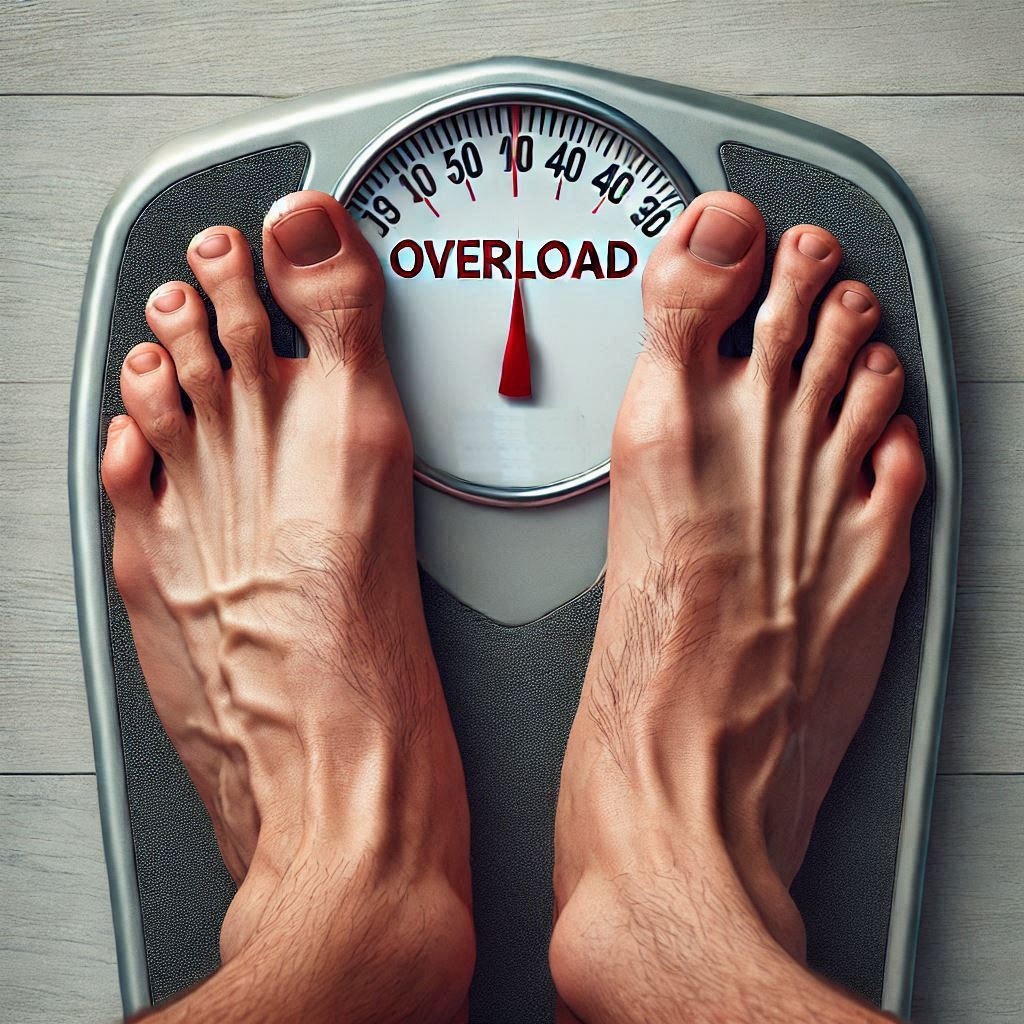Obesophobia
Fear of Gaining Weight
Jump to the Article

Understanding Obesophobia: A Gentle Introduction. Obesophobia, also known as pocrescophobia, is a specific, very real phobia characterized by an intense and irrational fear of gaining weight or becoming obese. This fear can lead to significant distress and can interfere with daily life.
It's important to remember that everyone's body is different, and a healthy weight can vary from person to person. For individuals with obesophobia, however, the fear of weight gain can become all-consuming, leading to unhealthy behaviors and negative self-image.
Understanding Pocrescophobia: A Gentle Guide
Pocrescophobia, often referred to as obesophobia, is a specific phobia characterized by an intense and irrational fear of gaining weight or becoming obese. This fear can significantly impact a person's quality of life, leading to unhealthy behaviors and negative self-image.
What Causes Pocrescophobia?
The exact causes of pocrescophobia are not fully understood, but a combination of factors may contribute to its development. These factors can include:
- Cultural and societal pressures: In many cultures, there's a strong emphasis on thinness and a negative stigma associated with obesity.
- Personal experiences: Negative experiences related to weight, such as bullying or teasing, can contribute to the development of this phobia.
- Underlying mental health conditions: Conditions like anxiety and depression can increase the risk of developing pocrescophobia.
The Impact of Pocrescophobia
Pocrescophobia can have a significant impact on a person's physical and mental health. Some common consequences include:
- Unhealthy eating behaviors: Restrictive eating, binge eating, or compulsive exercise.
- Social isolation: Avoiding social situations due to body image concerns.
- Low self-esteem: Negative self-talk and body image issues.
- Physical health problems: Malnutrition, digestive issues, and other health complications.
Seeking Help
If you're struggling with pocrescophobia, it's important to seek professional help. A mental health professional can provide effective treatment strategies, such as:
- Cognitive-behavioral therapy (CBT): This therapy helps individuals identify and challenge negative thoughts and behaviors.
- Exposure therapy: This therapy involves gradually exposing individuals to their fears in a safe and controlled environment.
- Medication: In some cases, medication may be prescribed to help manage anxiety and depression.
Remember, you're not alone. Many people struggle with body image issues and eating disorders. By seeking help, you can take steps to improve your mental and physical health.
If you or someone you know is struggling with obesophobia, it's crucial to seek professional help. A mental health professional can provide effective treatment strategies, such as therapy and medication, to help manage anxiety and develop healthier coping mechanisms.
Sources
While there may not be specific websites solely dedicated to Obesophobia, here are some helpful resources that can provide information, support, and guidance for individuals struggling with this condition:
General Mental Health Resources:
- National Alliance on Mental Illness (NAMI): 1-800-950-NAMI (6264) Website: nami.org
- MentalHealth.gov: This government website offers information on mental health conditions, treatment options, and support resources. Website: mentalhealth.gov
Eating Disorder Support Organizations:
- National Eating Disorders Association (NEDA): 1-800-931-2237 Website: nationaleatingdisorders.org
- Eating Disorders Coalition: Website: eatingdisorderscoalition.org
Therapy and Counseling Services:
- Psychology Today: This website allows you to search for therapists and counselors in your area who specialize in eating disorders and body image issues. Website: psychologytoday.com
Remember: It's important to seek professional help from a therapist or counselor who specializes in eating disorders and body image issues. They can provide tailored treatment plans and support to help you manage your fears and develop healthier coping mechanisms.
